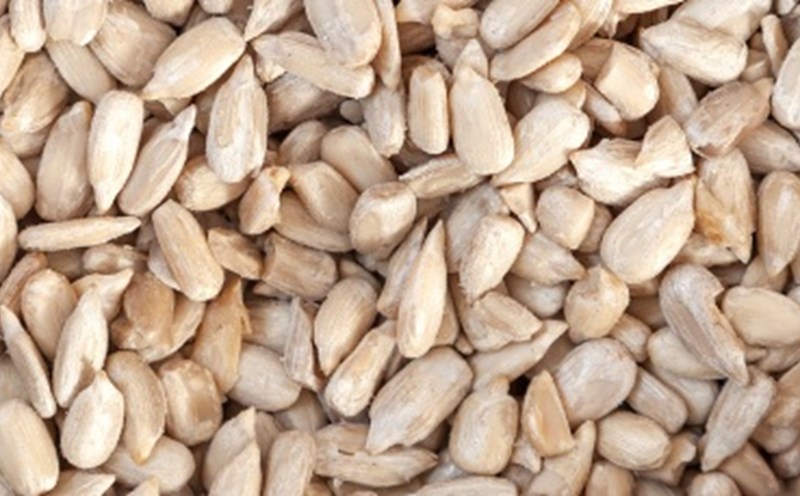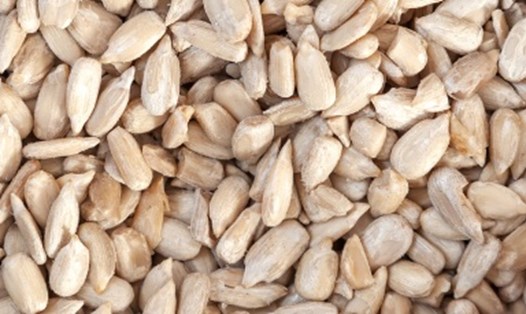Omega-3s are a group of essential fatty acids that are essential for health, with the main types being alpha-linolenic acid (ALA), eicosapentaenoic acid (EPA), and docosahexaenoic acid (DHA).
Traditionally, fatty fish such as salmon, mackerel, and tuna have been considered the top sources of omega-3s. However, modern scientific research has shown that some other plant foods and seafood have omega-3 content that is just as good, if not better, than fish.
Here are three foods that are richer in omega-3s than fish, recommended by reputable health organizations like the World Health Organization (WHO) and the US National Institute of Nutrition (NIH).
Flaxseed
Flaxseeds are considered the "king of seeds" thanks to their rich omega-3 content, especially ALA. According to research published in the Journal of Nutrition, just 1 tablespoon of flaxseeds (about 7g) provides 2.35g of ALA, much higher than the amount of omega-3 from a serving of salmon.
Flaxseeds also contain lignans - an antioxidant compound that can reduce inflammation and support heart health.
WHO recommends adding flaxseeds to your daily diet not only for their omega-3 content but also to improve digestion due to their high fiber content. Flaxseeds can be easily added to smoothies, yogurt, or oatmeal to boost their nutritional value.
Chia seeds
Chia seeds, a popular superfood, contain a remarkable amount of the omega-3 ALA. According to a study published in the Journal of Food Science and Technology, just 28 grams of chia seeds provide 5 grams of ALA, more than double the amount of salmon.
Chia seeds not only provide omega-3 but are also rich in fiber, calcium and vegetable protein, helping to support bones and joints and regulate blood sugar.
The National Institute of Nutrition recommends chia seeds as a great choice for vegetarians or those who don’t like the taste of fish. When soaked in water, chia seeds form a natural gel that helps prolong the feeling of fullness, supporting weight loss and effective calorie control.
Seaweed
Seaweed, especially spirulina and microalgae, are excellent sources of the omega-3s EPA and DHA. Seaweed contains DHA and EPA in amounts comparable to, or even higher than, some fatty fish. DHA and EPA are two important omega-3s, usually only found in seafood, that help maintain healthy brain function, vision, and the cardiovascular system.
In particular, microalgae oil is a popular choice for vegetarians and people allergic to fish. Research from the American Heart Association (AHA) shows that daily consumption of algal oil can significantly reduce triglyceride levels and improve heart health similar to fish oil.
Benefits of plant-based omega-3 alternatives:
Not only are these food sources rich in omega-3s, they are also more environmentally friendly than fish. Supplementing with plant-based omega-3s also reduces your risk of exposure to heavy metals and pollutants commonly found in marine fish, such as mercury.









